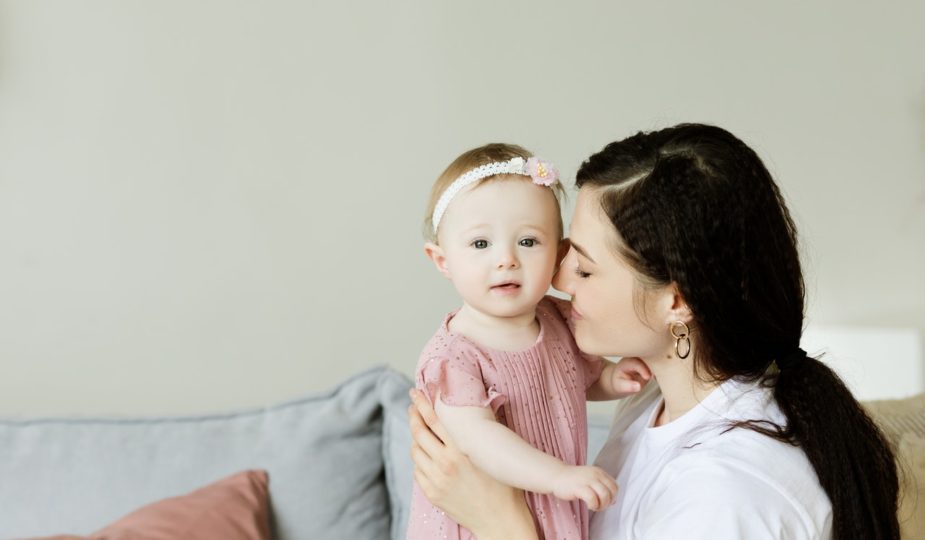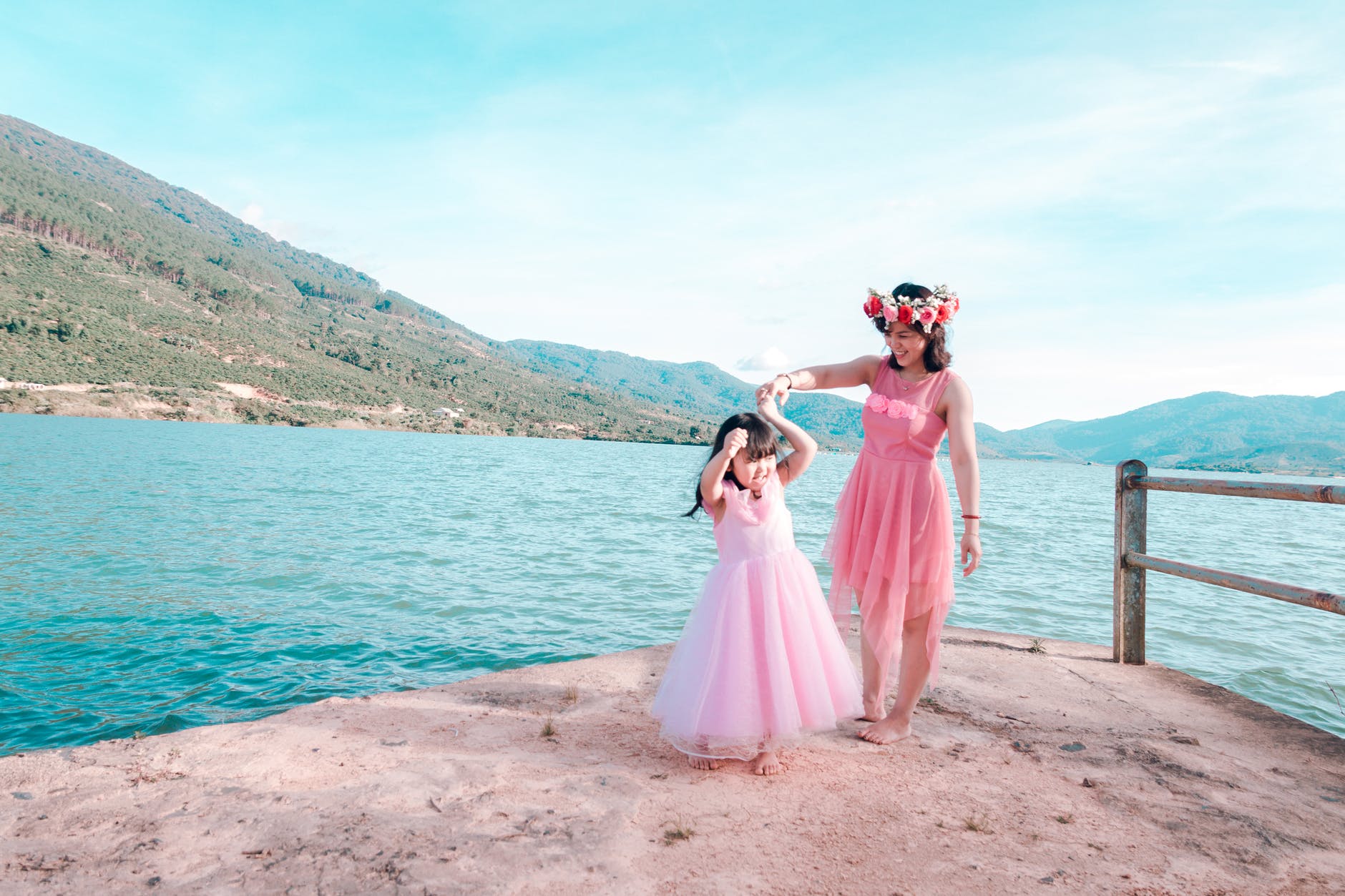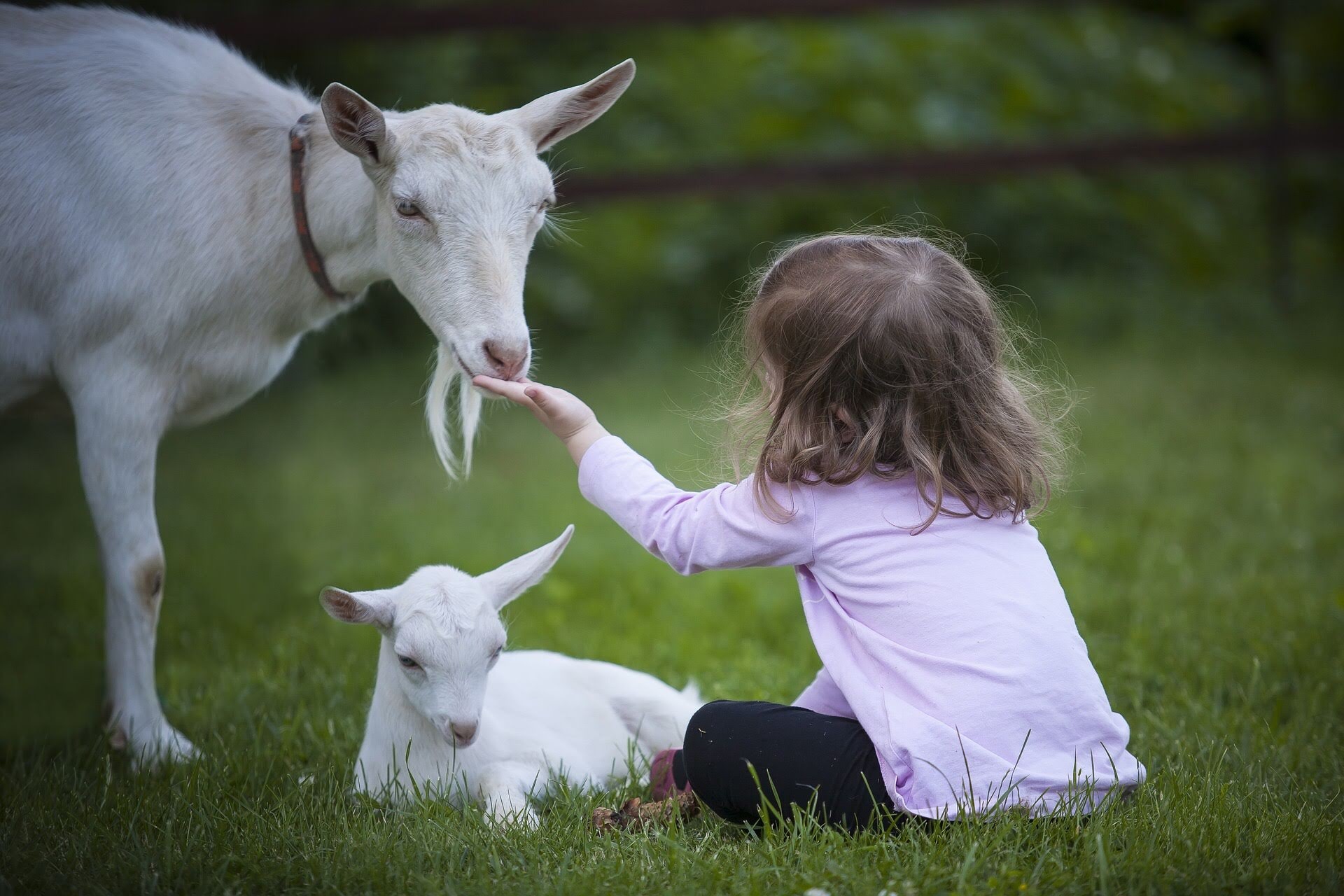Babies need positive attention and guidance to grow healthy and happy. During your baby’s first year you may have many questions about guidance and discipline. The first years of your child’s life are critical for a healthy development. You may face hundreds of parenting decisions about sleeping, nourishing and caring for your baby. The experiences your child has in these very first years will certainly play a role in shaping the adult they will become later on in life. More than anything else, your relationship and presence impacts the way your baby feels, learns and grows. In this post I will give you The basics for Baby Parenting. An useful guide for every day Baby Parenting.
To improve Baby parenting, become your Baby’s Teacher.
Babies learn by exploring the things around them. Show your baby how to look at, listen to, touch or smell something new or different. Hold your baby so they can see things. Help them hold objects like a sock or a rattle.
They will see how you react to things. When you get excited about a toy or object, let them get excited too. As your baby grows, show them how things work, for example, how doors open and close. Talk about what you are doing. For example, I am putting the food in the pot to cook it.
When a baby is learning something new, it helps her to try it again and again. With your help and support this can be fun, and your baby will like trying new things.
Protect your baby.
A baby doesn’t understand right from wrong. They doesn’t know what things are dangerous to do. Watch them and keep them safe. Protect your baby from situations where they can be hurt or injured.
Talk and Sing to your Baby.
Talk and/or sing to your baby even before they are able to speak, this helps them develop language skills. Babies learn best when you talk to them.
Read to your baby from the earliest months of their life and continue this habit as they grows.
Babies Have People Skills too. Nourish those skills for a proper development while Baby Parenting.
Scientists have learned that babies show emotions as early as when they are one month old. Something else scientists have learned is that feeling good helps babies learn better. Why? Well, because happy babies are more alert, attentive and responsive. Babies remember things better when they are happy and at ease. The way you hold and talk to your baby can help them feel happy.
Babies who are alert and feeling good are more likely to look at things, explore and play. They will pay attention more. For example, they will try to make new things happen with toys or make sounds with people. This helps them learn and remember new things.
How to navigate through brief periods of distress or difficulties during Baby Parenting.
Brief periods of distress or difficulties will not harm a child. Short periods of negative emotions can be helpful for your baby. You should do something quickly to help them feel better, but from these periods they will learn you care about them. Long periods of negative emotion, like crying, can do harm.
In the first month, the negative emotion that occurs is distress or a response to pain. Later, they’ll learn to show sadness and anger. Next comes fear. All people have these emotions to protect themselves. Help your baby be at ease with having emotions. Respond to their emotions in a warm and loving way.
You can tell what your baby is feeling by changes in their facial expressions. You can also see what they are feeling by the posture, movements and the sounds.
Sharing is caring!!
Learning to Communicate.
It will be months before your baby says their first word. But babies start learning about language much earlier.
Even in the first few weeks after birth, your baby is learning about language. Very young babies can tell the difference between speech and other sounds. They can tell the difference between the voices of men and the voices of women. They even know the voices of their own mothers. A baby can tell the voice of her mother from the voices of other women. Researchers think babies are able to do this because of the way specific parts of their brains work.
Babies can also communicate long before they speak. They use movements and sounds to let you know what they want or don’t want. Some people refer to these as a baby’s signals.
Right now, your baby can tell you if she needs something by fussing or crying. She can also let you know when they likes something or someone by looking intently. Babies learn best how to tell parents what they like or don’t like when they begin to see that parents respond to them in positive ways.
Even before she can speak, you need to talk to your baby. Even though there are differences among individuals, babies whose parents talk to them talk sooner. They also have larger vocabularies. Talking to babies gives them language skills that will help them learn more easily when they get to school. Hearing words on the radio or TV is not very helpful to babies learning language. Your baby benefits from having you up close smiling, talking and singing.
Babies Cry for Lots of Reasons.
Crying is the way newborns communicate. Your new baby cries to let you know she needs or wants something.
The first thing to try when a baby cries is to feed her. By noticing when she wants to be fed and when she doesn’t, you will learn which cries mean that she is hungry, uncomfortable or wants attention. Sometimes she will want to be held, or wants a dry diaper, or is tired or bored.
As you and your baby get to know each other, you will sometimes be able to tell the difference between each kind of crying. You can then try to give her what she needs.
Taking care of your baby when she cries will not spoil her. It will help your baby feel loved and secure.
Smile, touch and talk to your baby as often as possible. Do this when you feed her, change her diaper or give her a bath. Your baby will learn that she can rely on you to take care of her.
Ways to Soothe Your Baby.
Sometimes babies cry even when they have been fed, have clean diapers and are healthy. If your baby is crying because she needs comfort, there are many things you can do. Every baby is different.
Here are things you can try to find out what calms your baby down.
- Rock your baby in your arms or while sitting in a rocking chair.
- Stroke your baby’s head very gently, or lightly pat her back or chest.
- Make soft noises to let your baby know you are there and you care.
- Talk to your baby.
- Softly sing to your baby or play soft music.
- Wrap her up in a baby blanket (but not too tightly).
If your baby keeps crying after you have tried everything, stay calm. Babies know when you are upset. No matter how stressed you are, never shake your baby. Shaking your baby can cause blindness, brain damage or even death.
If you need a break, call a relative, neighbor or friend to help. All babies cry. You will not be able to comfort your baby every time. That does not mean you are a bad parent. Do the best you can to soothe and comfort your baby.
Here’s a simple tip to help your baby cry less carry her. Research shows that babies who are carried more often don’t cry as much as other babies.
Related posts you might enjoy.
The guide for Weaning a Breastfed Baby.
5 essential tips to take care of a newborn baby.
11 excellent tips for traveling with a baby.
Ultimate guide to baby proofing your home.
Final thoughts about Baby Parenting:
Positive Parenting principles includes unconditional love and kindness. Clear guidance can be helpful from the very beginning of your baby’s life. Remember, The first years of your child’s life are critical for healthy development, and will play a role in shaping the adult they will become in the future.
I hope this article was helpful to you, if it was feel free to share with other moms.
Zadi, xo











Haha wonderful post; well articulated and thought out Zadi
Wow, tremendously insightful Zadi; can’t put enough emphasis on that hahaha
Indeed. I am glad my article was helpful to you.
I am happy to hear that my friend, and I am sorry for submitting 2 comments, I had forgotten that I actually commented once before haha
No problem dear. Your comments are always well received
[…] The basics for Baby Parenting. […]
Glad to hear my friend, and I hope that you and yours are doing well Zadi <3
Thank you so much dear, same goes to you.
Fantastic, thank you <3 <3. I know that you have alot to juggle so I just wanted to catch up and atleast say hi since I have not been on your site for a while haha.
[…] The basics for Baby Parenting. […]
[…] The basics for Baby Parenting. […]
Caring and teaching a baby is never an easy task, thank you for sharing this tips, they are very helpful.
Thanks
[…] The basics for Baby Parenting. […]
[…] The basics for Baby Parenting. […]
[…] The basics for Baby Parenting. […]
[…] The basics for Baby Parenting. […]
[…] The basics for Baby Parenting. […]
[…] The basics for Baby Parenting. […]
[…] The basics for Baby Parenting. […]